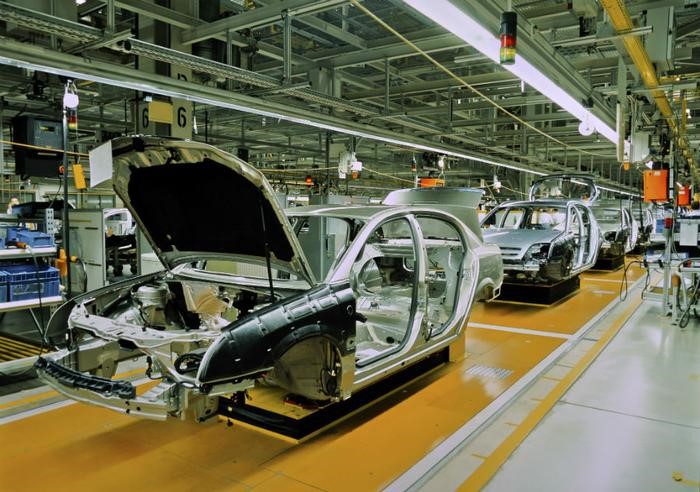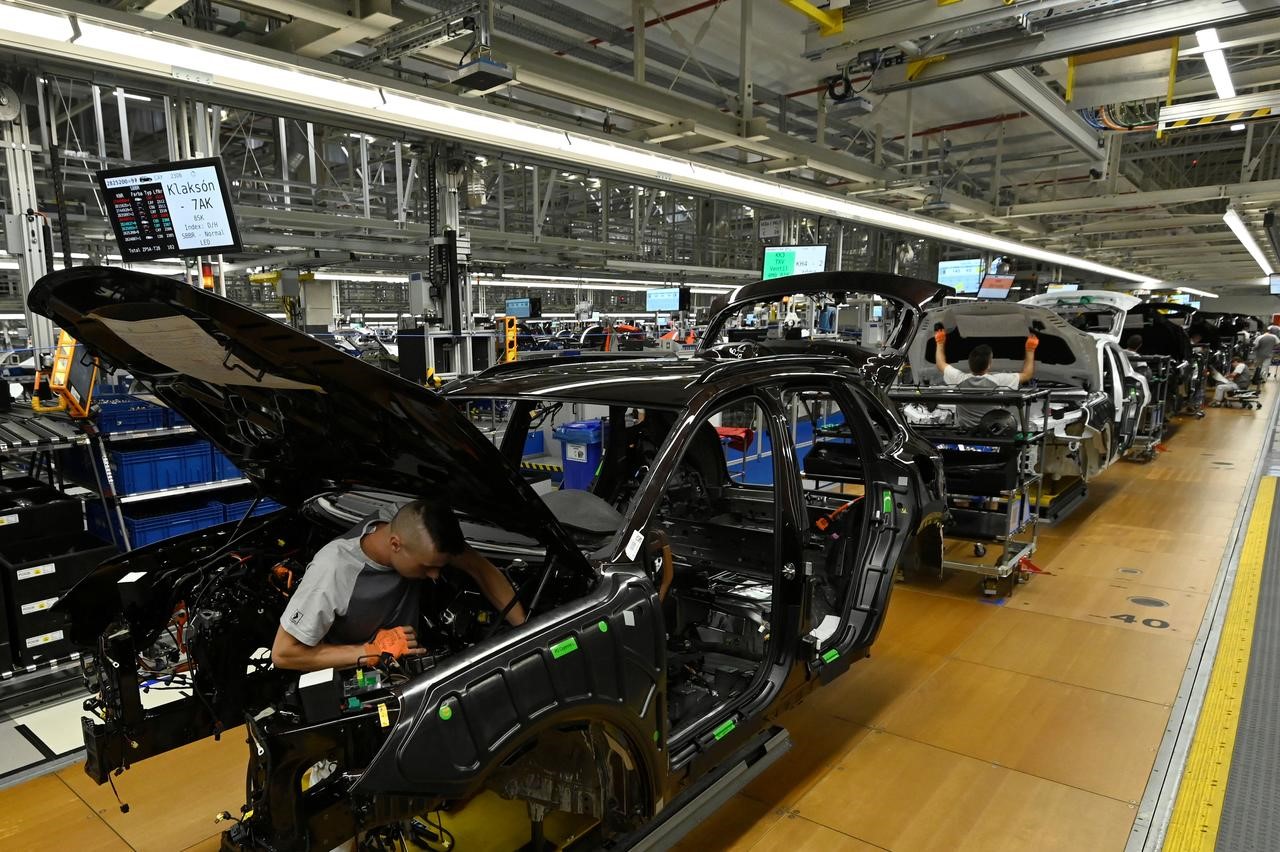

Central Europe’s some of biggest car-makers have declared their plans to re-start production weeks after closing down the plants due to the COVID-19 epidemic. This announcement has generated a ray of hope in the Aluminium downstream sector that supports the auto industry by supplying die-casting materials, parts, frames, accessories, etc.

The lockdown has been accepted as a very positive move in numerous states across Central and Southeast Europe as the infection rate in most of the region has failed to reach the explosive growth seen in some of the major West European economies, remaining in the hundreds or low thousands.
The other most crucial factor behind the decision of numerous automakers to resume work is that they have used the temporary shutdowns to put new social distancing measures in place, and in some cases launched extra shifts, to ensure workers are not operating close to each other.
On 14th April’20, Pavel Barvik, Hyundai, Spokesperson said: “We have already resumed production at its Nosovice plant in the Czech Republic.” The production in Nosovice was suspended on 21st March’20.
Barvik said: “We will start slowly, which is the morning and afternoon shifts. This gives us more flexibility in terms of logistics and all processes. Employees who would have been assigned to the night shift during the week will stay at home with 70% of their pay.”
The Nosovice factory is the only Hyundai plant in the European Union, employing 3,300 people in-house and 8,700 employees as subcontractors. In 2018, the company generated a profit of CZK7.22bn (€286.5mn) and sales of CZK129.26bn.

In neighbouring Slovakia, one of the country’s automakers, Kia Motors, resumed production on 6th April’20.
Volkswagen Slovakia is expected to re-open on 19th April’20, while Groupe PSA, which also has operations in Slovakia, said at the end of March it is implementing reinforced health measures at its facilities to “create the conditions for a safe and gradual return to work”, but it’s not clear when operations will resume.
The other two major car manufacturers Suzuki and Daimler also announced to restart production from 27th & 28th April, after more than a month. Suzuki manufactured 185,000 vehicles at its Esztergom plant last year.
Audi said the company has implemented the necessary precautionary measures in all areas complying with the regulations of the Hungarian healthcare authorities, such as providing the minimum of 1.5m safety distance between workers.
Daimler is also working to gradually restart production at its factory in Kecsekemet, which operates with 4,700 workers. It produced more than 1mn cars since its launch in 2012, including 190,000 last year.
On 14th April’20, Opel, part of the PSA group announced that they are also ready to restart production in Hungary after health and safety measures were put in place. The company operating near the Austrian border turned out 313,000 engines last year, down from 486,000 in 2018.
Romania’s two automakers, Automobile Dacia and Ford Craiova plan to resume operations in early May, after suspending operations on March 19 to protect their employees from the coronavirus pandemic.
Automobile Dacia, part of Renault group, plans to resume operations at its plant in Mioveni, near Pitesti, in two stages, on April 21 and May 4, the company’s management announced in a press release on April 9. Dacia will restart production at its mechanic and chassis plant on April 21 (the first Tuesday after Easter) with 250 employees who volunteer for this.
The Ford engine and car factory in southern Romania, at Craiova, will also resume operations on 4th May’20.
Following the announcements from the two carmakers, some of the huge networks of auto components companies in Romania said they were also restarting at least some of their operations. A few days later, German group Continental, the largest manufacturer of car components in Romania, said it has resumed activity at its factories in Timisoara, where it produces transmission belts and air conditioning pipes made of aluminium.
Responses








